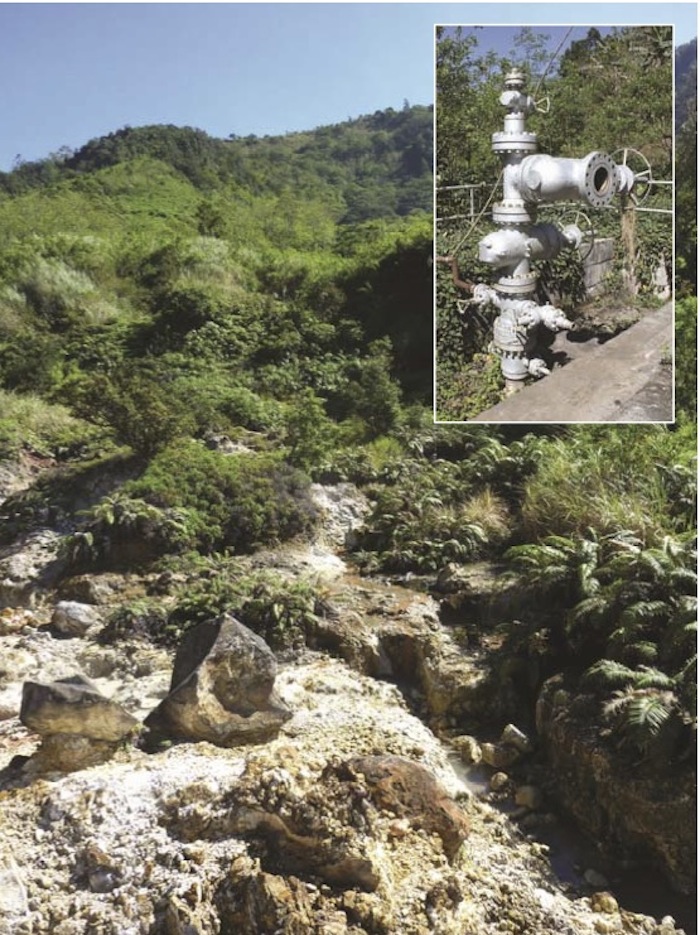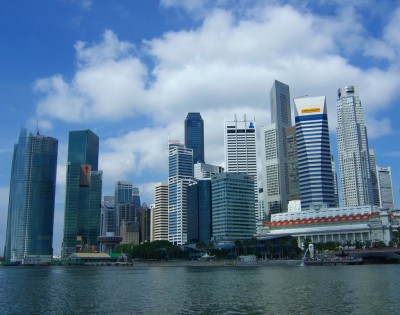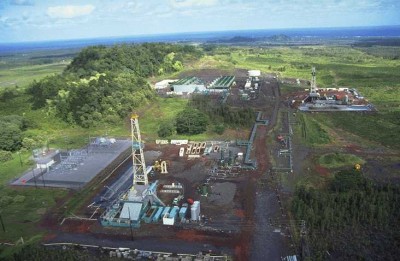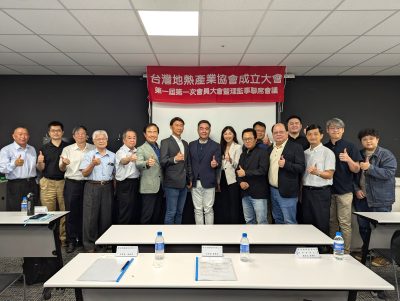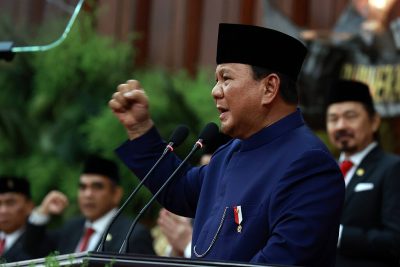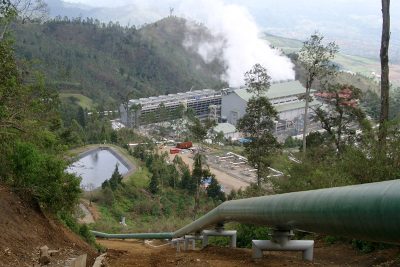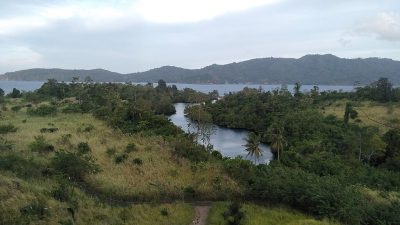Changes to Indonesian resource ownership laws not effecting geothermal
Recent changes to the resource ownership in Indonesia are not effecting renewable energy projects or geothermal projects, as reported by Panax Geothermal, an Australian developer with a stake in four geothermal projects in the country.
In a release by Australian Panax Geothermal (ASX: PAX) the company says it “will not be impacted by a change in Indonesian resource ownership laws, with geothermal and renewable energy investments protected.
Last month Indonesia’s Energy and Mineral Resources Ministry announced that foreign investors in coal, copper, gold and other resources would be required to reduce their stakes to 49% 10 years after the original date of production.
However, Panax has received legal advice confirming that geothermal and renewable energy projects are excluded from the new requirement.
Managing director Kerry Parker said the government in Indonesia was actively supporting and encouraging foreign investment in geothermal projects.
“While mining companies will take a hit from the new regulations, the Indonesian government is fast-tracking foreign investment in geothermal energy,” Parker said.
“Both the government guarantee to protect and support projects during exploration and construction and the promised feed-in tariff are making geothermal a very attractive option for foreign investors.”
Unlike many other ASX listed geothermal companies which have only Australian geothermal assets, Panax has a number of foreign geothermal projects, focused on areas where demand for power requires alternative energy sources.
The company’s interests include four projects in Indonesia, two with a minority stake and two with a majority stake.
Three of the projects are close to development, while the company’s majority owned Jambi Project is at advanced exploration stage.
Parker said Panax expects to bring three zero emission geothermal projects into production in Indonesia in coming years, and is planning further investment in the region.
Indonesia is an attractive place for geothermal investment, hosting some of the richest geothermal reservoirs in the world.
The tightening of ownership rules regarding other resources, including coal, could also make geothermal more attractive for Australian companies.
As part of the Indonesian Government’s carbon strategy, it offers a guaranteed feed in tariff of US$97 per megawatt hour, along with carbon credits to geothermal energy generators. In addition, the government offers full protection to geothermal projects during exploration and construction.
The Indonesian Government has plans to increase geothermal production by 240% over the next four years to more than 4,000 megawatts.”
Source: Proactive Investors
